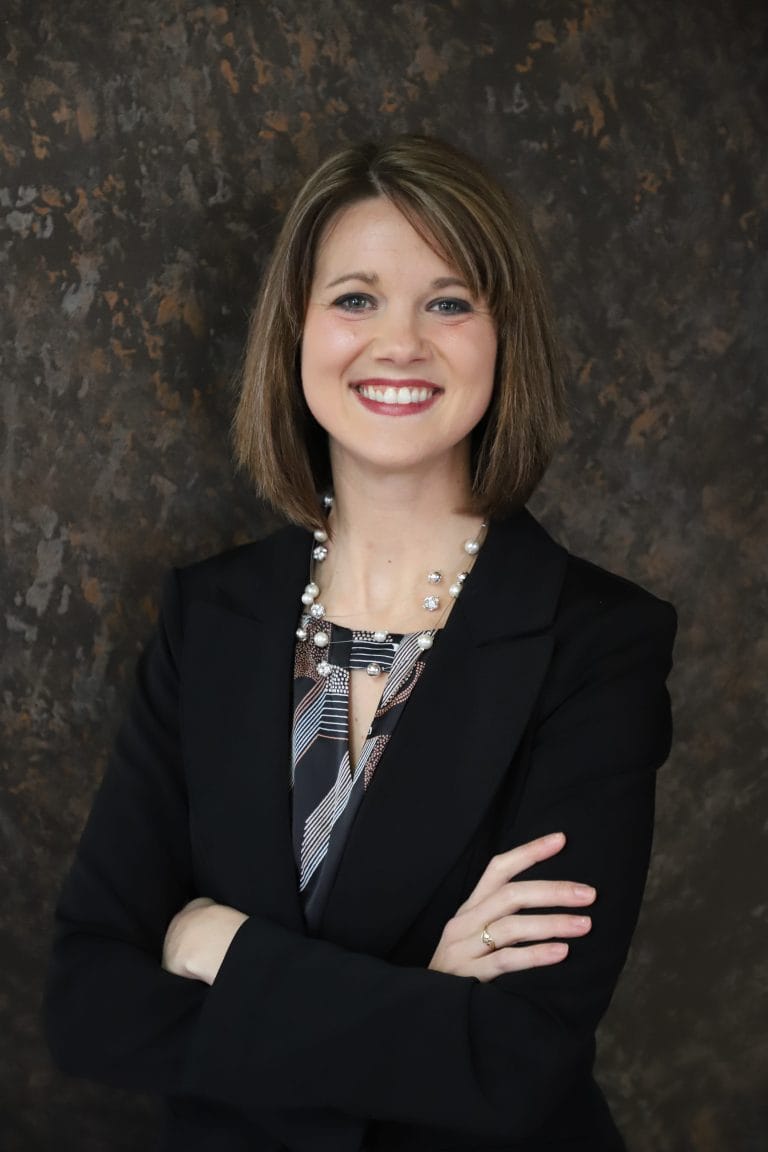Small business owners will have one more item on their compliance to-do list when the Corporate Transparency Act (CTA) takes effect on January 1, 2024.
The CTA, enacted as part of the Anti-Money Laundering Act of 2020 (AMLA), places new reporting requirements on many business entities in an effort to expose illegal activities, including the use of shell companies to launder money or conceal illicit funds. Around 30 million small businesses will be impacted by the law, which will establish a federal database of information, furnished by “reporting companies,” that will be accessible to certain authorities and organizations.
A final rule has been issued stating how the new law will be implemented to help businesses understand whether the law applies to them, how to comply, and which agencies will have access to the information they must report. CTA violations carry civil and criminal penalties, including imprisonment.
Why was the CTA passed?
The CTA was passed as part of the National Defense Authorization Act for Fiscal Year 2021. It directs the US Department of the Treasury’s Financial Crimes Enforcement Network (FinCEN) to gather information from private companies about their owners and controlling persons. Acting Director Himamauli Das said, “FinCEN is taking aggressive aim at those who would exploit anonymous shell corporations, front companies, and other loopholes to launder the proceeds of crimes, such as corruption, drug and arms trafficking, or terrorist financing.”
To counter the risks allegedly posed by anonymous shell companies, the CTA mandates the creation of a national registry that contains certain information about business entities that are formed by filing a document with a state’s secretary of state or similar office.
What does the CTA require?
Effective January 1, 2024, the CTA requires that certain businesses disclose to FinCEN information about the company, its beneficial owners, and in some cases, the company applicant. This reporting will take place on FinCEN’s website: Beneficial Ownership Information Reporting | FinCEN.gov.
Reporting companies—defined as any company with twenty or fewer employees that is formed by filing paperwork with the Secretary of State or equivalent official—that are created or registered prior to January 1, 2024, have until January 1, 2025, to file an initial report; reporting companies created or registered after January 1, 2024 and before January 1, 2025, will have ninety days after creation or registration to file a report. Entities created on or after January 1, 2025 will have 30 days to submit the reports to FinCEN.
Does the CTA require my business to report?
The CTA applies to companies that are created by filing a document with a state authority. Typically, this includes corporations and limited liability companies. In South Dakota, it could also include limited partnerships, limited liability partnerships, professional corporations, cooperatives, and business trusts. In addition, the CTA applies to non-US companies that are registered to operate in the United States.
However, the CTA exempts around two dozen categories of companies, including companies that
- are publicly-traded; or
- considered a “large operating company” which
- has more than twenty full-time US employees; and
- filed a previous year’s tax return showing more than $5 million in gross receipts or sales; and
- has an operating presence at a physical US office location.
- operate in a regulated industry, such as banking, utilities, or insurance, that already imposes similar reporting requirements; or
- are subsidiaries of exempt organizations.
The exemptions, which generally include larger companies that are already subject to regulation, underline the primary purpose of the CTA: to combat money laundering and other illicit activities conducted via small, private, and anonymous shell companies.
What information must be provided in the reports?
The CTA requires three categories of information to be reported: company, owners, and applicant.
- Domestic reporting companies created before January 1, 2024 must provide information about the company and its beneficial owners.
- Beneficial owner is defined in the CTA as an individual who exercises “substantial control” over the reporting company or has an ownership interest of at least 25 percent. Company senior officers, directors, and others who make significant decisions on behalf of the company may meet this statutory definition of “substantial control,” although the broad definition may cause confusion in some instances.
- Domestic reporting companies created on or after January 1, 2024, must provide information about the company, its beneficial owners, and its company applicants.
- A company applicant generally is the individual who files the formation document with state authorities for the reporting company.
Technically, the information to be filed with FinCEN is called a Beneficial Ownership Information (BOI) Report. The following is what is required in the report for a company, an owner, and an applicant:
- The reporting company must provide its name and any alternative (DBA) names, the address of its principal place of business, the state of formation, and its taxpayer identification number or FinCEN identifier.
- Each beneficial owner of a reporting company must furnish their full legal name, date of birth, residential address, and an identification number from a driver’s license, passport, or other state-issued identification (ID), along with a copy of the ID document.
- A company applicant is required to submit the same information as a beneficial owner.
Who has access to FinCEN BOI reports?
The CTA authorizes FinCEN to disclose BOI information to five categories of recipients:
- US federal, state, local, and tribal government agencies
- Foreign law enforcement agencies, judges, prosecutors, and other authorities
- Financial institutions
- Federal regulators
- US Department of the Treasury
FinCEN may only disclose BOI information “under specific circumstances”: there are more stringent requirements for agencies other than those engaged in national security, intelligence, and law enforcement activities. There are also restrictions on how the information may be used and how it must be secured.
Are there penalties for noncompliance with the CTA?
Penalties for noncompliance may be steep. Willingly providing false information (including false identifying documents) to FinCEN, or failing to report complete BOI information, can result in:
- Fines of $500 per day, up to $10,000
- Imprisonment for up to two years
Civil and criminal liability may be avoided if an individual who submitted an original, erroneous report did not knowingly submit inaccurate information and submits an updated report correcting the inaccurate information within ninety days.
Get help with CTA reporting requirements.
Understanding how the CTA applies to you and your business and what you must do to comply introduces new burdens that you may have scarce resources to address. Terms like “beneficial owner” and “substantial control” may seem vague and confusing, further complicating compliance efforts. But compliance is critical for business owners who want to avoid possible sanctions.
In addition, fraudulent actors are already taking advantage this situation. FinCEN has been notified of recent fraudulent attempts to solicit information from individuals and entities who may be subject to reporting requirements under the CTA. The fraudulent correspondence may be titled “Important Compliance Notice” and asks the recipient to click on a URL or to scan a QR code. Those e-mails or letters are fraudulent. FinCEN does not send unsolicited requests. You should not respond to these fraudulent messages, or click on any links or scan any QR codes within them.
Lynn Jackson can help you determine whether the CTA applies to your business and the steps needed to safely meet its reporting requirements. With the law’s effective date of January 1, 2024, we encourage you to reach out now to start working on a CTA compliance strategy.
National Defense Authorization Act for Fiscal Year 2021, Pub. L. No. 116-283, 134 Stat. 3388 (Jan. 1, 2021).
Press Release, U.S. Dep’t of the Treasury, Financial Crimes Enforcement Network, FinCEN Issues Proposed Rule for Beneficial Ownership Reporting to Counter Illicit Finance and Increase Transparency (Dec. 7, 2021), https://www.fincen.gov/news/news-releases/fincen-issues-proposed-rule-beneficial-ownership-reporting-counter-illicit.
3 Beneficial Ownership Information Access and Safeguards, and Use of FinCEN Identifiers for Entities, 87 Fed. Reg. 77404 (proposed Dec. 16, 2022).








